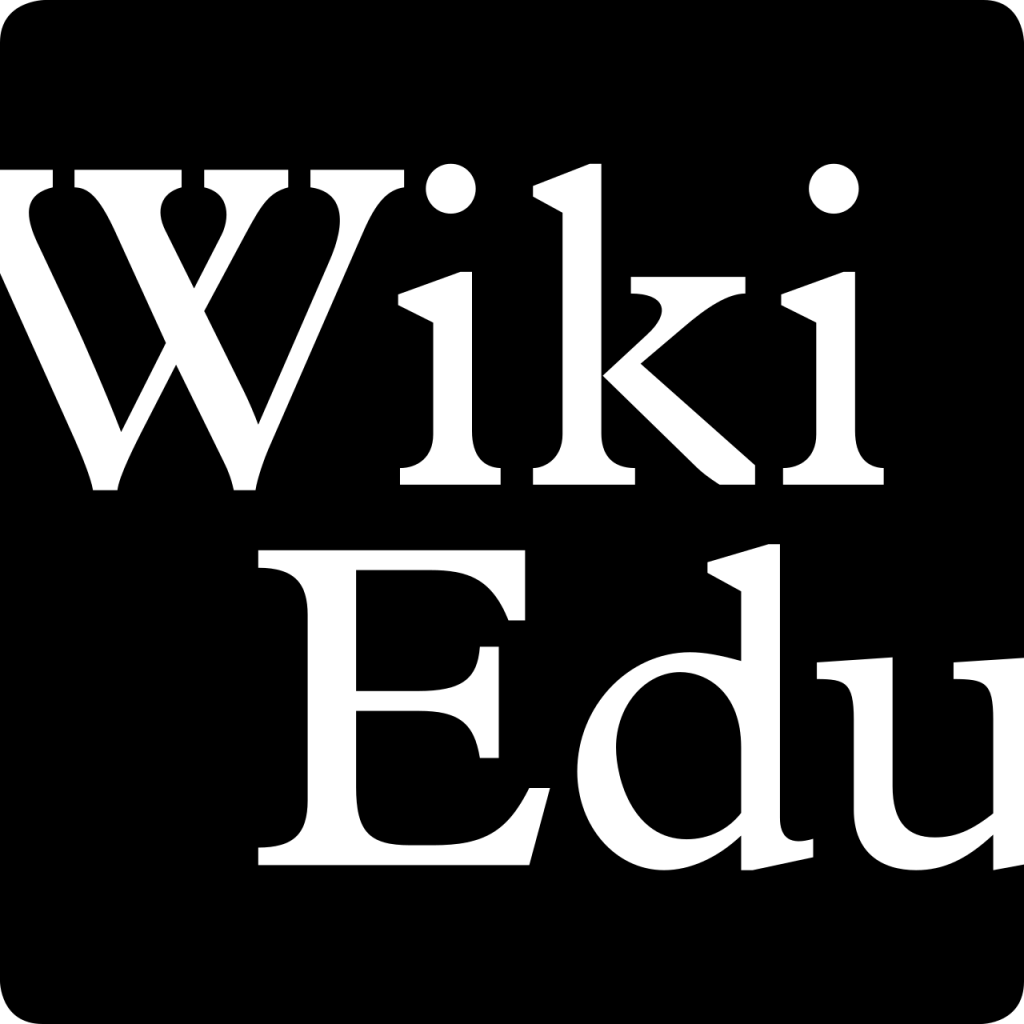
The international project team that has been developing and teaching an innovative global course just published a peer-reviewed article entitled Teaching Internationally, Learning Collaboratively: Intercultural Perspectives on Information Literacy and Metaliteracy (IPILM) in Communications in Information Literacy (CIL). This teaching and research team includes Joachim Griesbaum, Stefan Dreisiebner, Tom Mackey, Trudi Jacobson, Tessy Thadathil, Subarna Bhattacharya and Emina Adilović.
According to the abstract for this new article:
Intercultural Perspectives on Information Literacy and Metaliteracy (IPILM) is a discourse- oriented learning environment that engages students from diverse cultural backgrounds to participate in collaborative knowledge construction. The objective is to evolve a thematic approach to course design that includes elements of open pedagogy, information literacy, and metaliteracy. IPILM invites participation from educators and learners from around the world and has witnessed an increase in participating countries. This paper describes the concept of IPILM and demonstrates the implementation of this approach in practice.
The next iteration of the IPILM concept will take place this summer and involve the exploration of artificial intelligence (AI) from an intercultural perspective and through the lens of information literacy and metaliteracy. The latest updates about the IPILM Project are available online: https://ipil.blog.uni-hildesheim.de/.
Griesbaum, J., Dreisiebner, S., Mackey, T. P., Jacobson, T. E., Thadathil, T., Bhattacharya, S., & Adilović, E. (2023). Teaching Internationally, Learning Collaboratively: Intercultural Perspectives on Information Literacy and Metaliteracy (IPILM). Communications in Information Literacy, 17 (1), 260–278. https://doi.org/10.15760/comminfolit.2023.17.1.4






